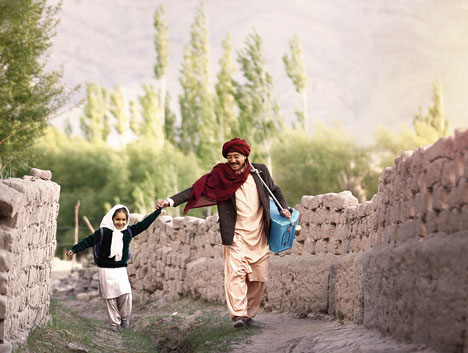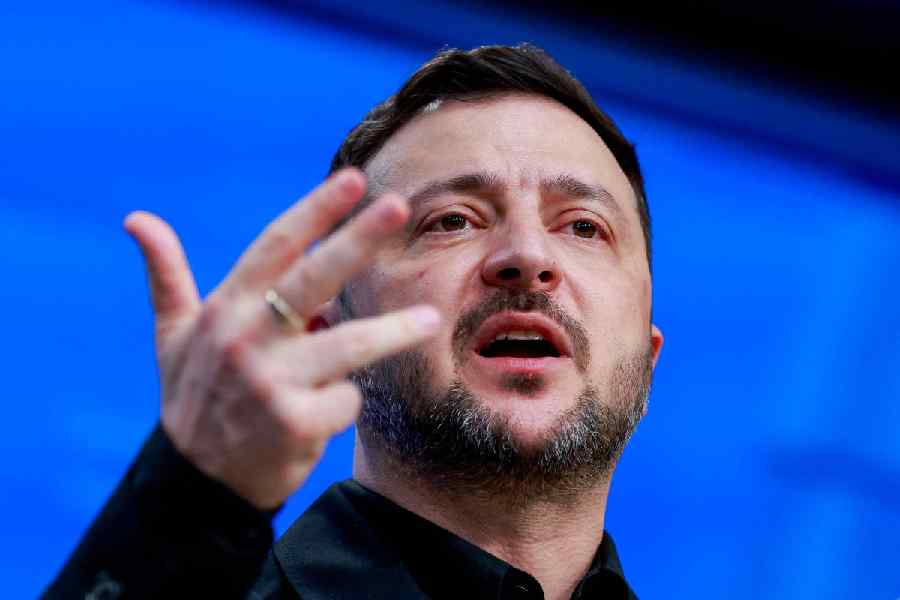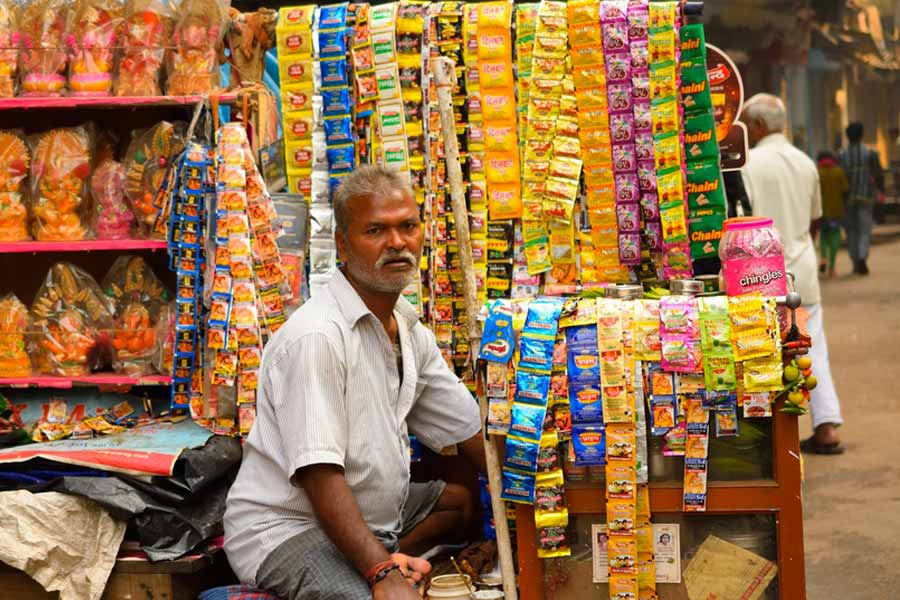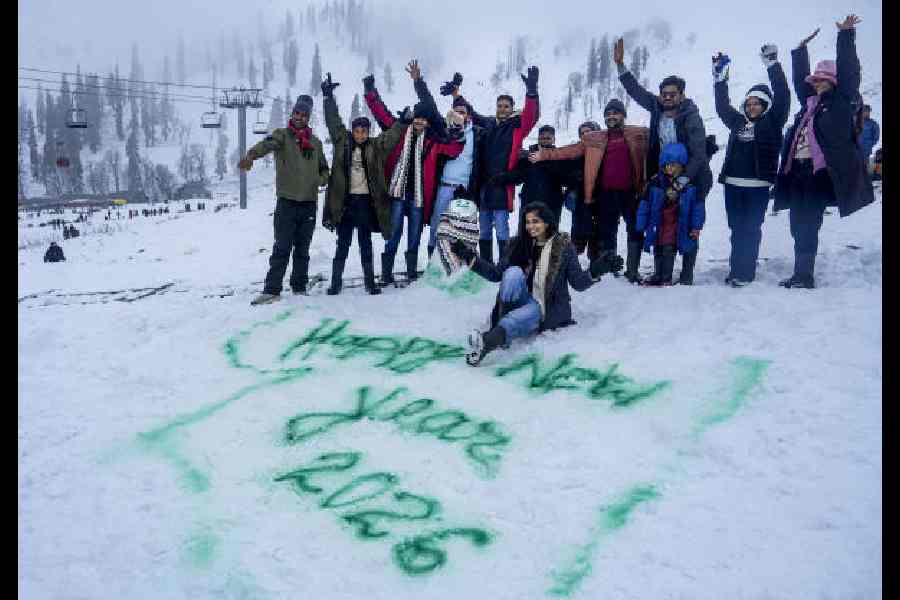
Debashish Medhekar, who is set to make his first sortie into filmmaking with Bioscopewala, an adaptation of Rabindranath Tagore’s Kabuliwala, is fully charged for his debut venture.
Veteran actor Danny Denzongpa essays the role of Kabuliwala, a man from Kabul who comes to India and — in this film — shows movies to children. Danny and Debashish are both alumni of Film and Television Institute of India, Pune.
Debashish’s version of Kabuliwala is a slightly changed adaptation of the Tagore’s 1892 short story. Tagore had showed Kabuliwala as a merchant from Kabul who visits Calcutta every year to sell dry fruits.
Debashish says he bonded well with Danny because both studied at the same institute. “He used to bully me by calling me junior,” he laughs.
“Unfortunately, I could not shoot the film in Afghanistan because it’s not safe there. Danny had already shot there for Khuda Gawah in the 1990. He shared memories of the scenic countryside and the Bamiyan Buddah’s — 4th and 5th century statues of Gautam Buddha, which was once the pride of Afghanistan.

“I told him they no longer exist and lay ravaged in the war. He was extremely upset that they no longer exist. As a tribute to him I have created the Bamiyan Buddha through CG (computer graphics) in my film for a scene,” Debashish added.
In the Bamyan Valley of central Afghanistan, two statues stood 35 and 53 metres tall. They were depictions of Buddha carved into the side of the cliff at different times — between 544 and 595 for the smaller statue, and between 591 and 644 for the larger one.
In March 2001, on orders from Taliban leader Mullah Mohammed Omar, the two statues were destroyed with dynamite.
The story of Kabuliwala has has been made into motion pictures twice — once in Bengali by director Tapan Sinha and starring Chhabi Biswas in 1957, and the other time in Hindi by Hemen Gupta and starring Balraj Sahni in 1961.
Debashish said he has seen the two versions.
The debut filmmaker, however, credits his producer Sunil Doshi — who he sayd had nurtured the idea with him for eight years — for the evergreen story about a man’s bond with a child returning to Bollywood.
“He (Snunil Doshi) wanted to make the film for his son,” Debashish explains.
“There is a beautiful poem in the beginning which says I wanted to make this film for my father, who carried me on his back like Kabuliwala, and for my son for whom I continue to play the Kabuliwala. He approached me and said he wanted to adapt the Kabuliwala story.


“But the idea was Bioscopewala in a draft and as a writer I took it from there. I jumped at the idea because my mother is a fan of Rabindranath Tagore’s works. She did her BA degree in Bengali just to be able to read and understand Tagore’s original works. My parents are Maharashtrians.
“It was like a golden opportunity to be offered this and at the same time the ability to return my mother something for teaching me Bengali,” Debashish adds.
“It’s not an easy language. But I love the culture and their cinema and studied at FTII where you get to see so much of Bengali work.”











